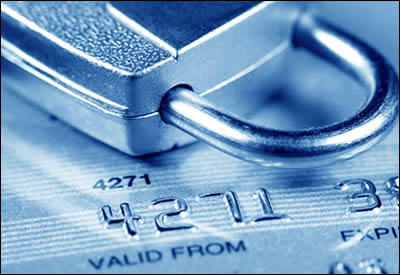GLOBAL EVENTS ABOUT ONLINE BANKING
The banking industry changes ever so often, aided by varying factors. In the past few decades, we have witnessed the evolution of online banking. This concept came to be in the 80s and seems to be taking off at an even faster rate. A large portion of the world’s population now relies on online banking for one withdrawal or the other. In the future, there is a likelihood that more banks may go online, increasing the number of users.
Economy Crises
But even with this growth in the banking sector, there is always a fear that things might not go as planned. Take an example of the 2007-08 crises, which saw many banks fall, unable to keep up with the economic changes. It all started with a slight recession at the beginning of the decade following a terrorist attack. People still feared that a recession was likely, and they operated with this in mind. The Federal Reserve worked to ease this tension by lowering the funds rate to 1.75% within a year. The result was added liquidity in the market, which you may refer to as cheap money. Borrowers were restless as they had no assets, jobs, and incomes, but this liquidity gave them new hope. People took out home loans, and the rate of home-buying increased. Items were now moving off the shelves, and the economy was behaving as it should have. Things were looking good.

All this led to an increase in home prices, given that credit was readily available. The Federal Reserve continued to slash interest rates, inflation remained low, and people acquired more mortgages. The interest rates in 2003 were the lowest they had ever been in 45 years. As time went by, the net capital requirements for investment banks lowered. All this meant that more money was flowing in the economy, creating room for secondary markets. As such, people could leverage up to forty times what they had initially invested. As there are many negative results since the online banking appeared but also there many industries influenced positive because of it.
Now, the problem started when interest rates began to go up in 2004, followed by a reduction in home buying. The rates did not stop increasing, and by 2006, what had once been 1.75% now stood at 5.25%. People were no longer interested in purchasing homes. That would have been okay only that the saturation was coupled with loan defaults. People could no longer keep up with the high-interest rates. It was not long before lenders started to file for bankruptcy. Lenders had to approach central governments for help with their liquidity problems. Governments reacted by slashing rates, but this was not enough to restore the economy. More lenders continued to file for bankruptcy, and this was the case in many countries. While the crisis finally came to an end, it was a lesson that a slight change in the economy can have a lasting effect. Learn about the worst economic crisis since 1930s depression.
Security Issues
The question is, are there concerns when it comes to online banking? It is no secret that online banking has faced several challenges since its inception. From slow uptake to security concerns, some issues have curtailed the growth of this industry.
When online banking started, security concerns were a big issue. Take an example of the $10 million hacking theft of 1994. At the time, online banking was yet to grow by the leaps and bounds that it does today. A software engineer in St Petersburg accessed the Citibank computer system and wired more than $10 million across the world. It was possible thanks to his accomplices who were instrumental in the moving of the money. The authorities were fast in tracking the money, and only $400,000 was unrecovered. This incident served as a glimpse into the vulnerability of online banking.


Security concerns are notable. An IAMAI Report done in 2006 shows that 43% of internet users in India are uncomfortable with online banking. Their main concerns lie with the security of the transactions.

Privacy Matters
There have been times when client information has been at risk, owing to inside jobs. An example would be where a government contractor in Iran breached and exposed 15 million bank debit card numbers. Almost twenty percent of the country’s population was affected by this breach. Statements from the telecommunications minister indicated that the breach was from inside. Thus, the bank systems were not under attack, which is a good sign for online banking.
